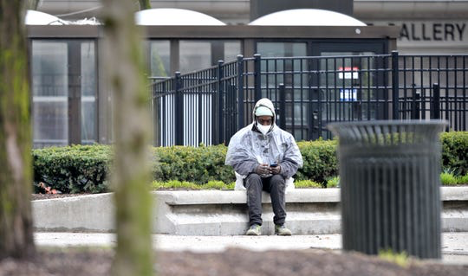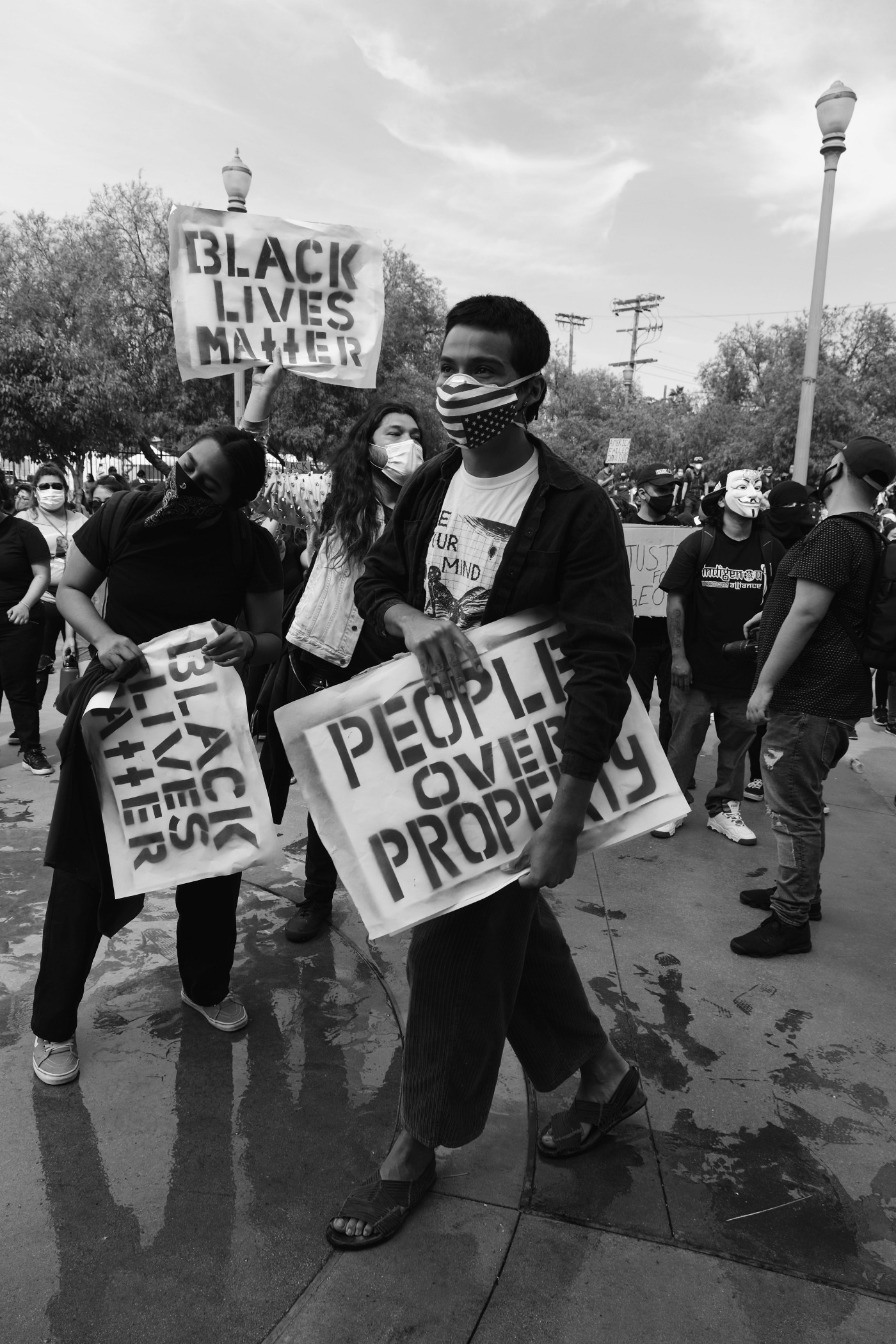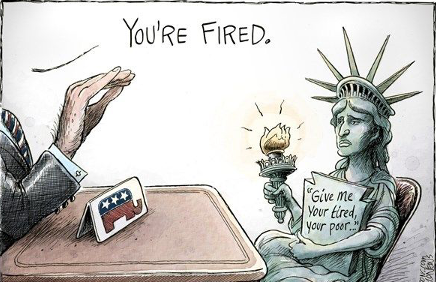
“Nothing About Us, Without Us” Means Police Reform, Too
July 24, 2020Archives . Authors . Blog News . Certified Review . Feature . Feature Img . Issue Spotters . Notes . Policy/Contributor Blogs . Recent Stories . Student Blogs Article(Source) Being Black and disabled is not a crime. We need to stop treating it like one. Thanks to Evita Nwosu-Sylvester for sources and further reading, and to Amanda Cirillo for review. Disability remains the “missing word in media coverage of police violence.” Far from anecdotal episodes, the connection between disability and policing harm

The Machinery of Death: The Federal Death Penalty’s Reinstatement is Arbitrary, Capricious, Illegal, and Cruel
July 17, 2020Archives . Authors . Blog News . Certified Review . Feature . Issue Spotters . Notes . Policy/Contributor Blogs . Recent Stories . Student Blogs Article(Source) Introduction In the early hours of July 14th, 2020, while most people were asleep or just starting their days, the Federal Government executed Daniel Lee Lewis, jumpstarting the return of federal executions. The federal government executed Mr. Lee despite myriad procedural and legal deficiencies. Mr. Lee was executed without a new warrant allowing

How Reparations Could Have Ebbed The Disproportionate COVID-19 Deaths of Black People in Detroit
July 10, 2020Archives . Authors . Blog News . Certified Review . Feature . Feature Img . Issue Spotters . Notes . Policy/Contributor Blogs . Recent Stories . Student Blogs Article(Source) Reparations are a form of compensatory justice that governments have instituted when aiming to make amends for prior wrongs. Historically, in order for a group to receive reparations from the government, an affected party must show harm, must prove that the government is the cause of that harm, and must show that the

Policing Property
July 6, 2020Archives . Authors . Blog News . Certified Review . Feature . Feature Img . Issue Spotters . Note Adaptation . Notes . Policy/Contributor Blogs . Recent Stories . Student Blogs Article(Source) I. Property and Criminality In the first week after Derek Chauvin killed George Floyd in Minneapolis, the New York City Police Department arrested more than two thousand protesters in New York City. At least a quarter of those arrested were charged with burglary. Mayor Bill de Blasio distinguished between protesters and perceived opportunists, “doing

Next on The Trump Show: Trump Exploits the Coronavirus to Ban Immigrants
June 29, 2020Archives . Authors . Blog News . Certified Review . Feature . Feature Img . Issue Spotters . Policy/Contributor Blogs . Recent Stories . Student Blogs Article(Source) While the United States and the world glues their attention to the historic protests for racial justice following the killing of George Floyd by Minneapolis police, and the Trump Administration creates ever-growing casualties like exploding unemployment, rising death tolls, and public unrest, the cast of The Trump Show is drumming up a far more

Diagnostic Methods as a Category of Patent-Ineligible Subject Matter
June 22, 2020Archives . Authors . Blog News . Certified Review . Feature . Feature Img . Issue Spotters . Note Adaptation . Notes . Policy/Contributor Blogs . Recent Stories . Student Blogs Article(Source) The authority to grant to patents arises from Article Eight of the United States Constitution. Specifically, Clause Eight grants Congress the power to “promote the Progress of Science and useful Arts, by securing for limited Times to Authors and inventors the exclusive right to their respective Writings and Discoveries.” Through this clause, Congress is

Fraud and Shortages in the PPE Market and the Failures of the Trump Administration
June 19, 2020Archives . Authors . Blog News . Certified Review . Feature . Feature Img . Issue Spotters . Policy/Contributor Blogs . Recent Stories . Student Blogs Article(Source) It has been five months since the first COVID-19 case was reported in Seattle, the epicenter of the outbreak in the US. As the virus spread, patients flooded into hospitals as hundreds of people got sick. The US soon realized that hospitals, healthcare facilities, nursing homes, and the government alike were short of

Today’s Media Landscape: Legal Protections For The Press From Arrest and Police Violence
June 15, 2020Archives . Authors . Blog News . Certified Review . Feature . Feature Img . Issue Spotters . Policy/Contributor Blogs . Recent Stories . Student Blogs Article(Source) Journalism is often referred to as the Fourth Estate because of the central role it plays in the political system. From the beginning of the United States, the importance of a free press has been recognized and given special consideration. From Thomas Jefferson’s famous words: “[W]ere it left to me to decide whether we

Separating Federal Immigration Enforcement from Community-Oriented Policing: How the COPS Grant Program Misses the Mark
May 29, 2020Archives . Authors . Blog News . Certified Review . Feature . Feature Img . Issue Spotters . Notes . Policy/Contributor Blogs . Recent Stories . Student Blogs Article(Source) Combating illegal immigration has become a cornerstone of the Trump administration’s agenda. President Trump has frequently touted the allegedly threatening impact of immigration on crime and the economy to justify ramping up federal immigration enforcement efforts. However, many jurisdictions have adopted an implicit policy of obstructing such efforts by refusing to disclose information on

Punishing the Victim: IRC §162(m) and the Limitation on Deducting Executive Compensation
May 25, 2020Archives . Authors . Blog News . Certified Review . Feature . Feature Img . Issue Spotters . Policy/Contributor Blogs . Professor Blogs . Recent Stories Article(Source) The phenomenon of punishing the victim is unfortunately a familiar one. Too often, a person in need of protection discovers that those whose ostensible task it is to assist not only do not offer the necessary protection but in fact exacerbate the harm. Here is a current example. Section 162(m) of the Internal Revenue